Sara Baume’s third novel begins with a disconcerting description of a mountain in south-west Ireland. First, Baume emphasises that this apparently passive landscape is full of the eyes of animals:
And each eye was focused solely on its surrounding patch of ground or gorse or rock or air. Each perceived the pattern, shade and proportion of its patch differently. Each shifted and assimilated at the pace of one patch at a time.
Then, the mountain itself becomes an eye:
It’s kept watch on the sky, sea and land, and every ornament and obstruction – the moon and clouds; the trawlers, yachts and gannetries; the rooftops, roads and chimney pots; the turbines, telegraph poles and steeples.
The image of an eye recurs throughout Seven Steeples, along with the sense of the landscape as an antagonistic (or at least indifferent) presence.
Into this landscape come Bell and Sigh, a couple who believe that “the only appropriate trajectory for a life was to leave as little trace as possible and incrementally disappear.” They have moved here determined to cut all ties with their old lives (for reasons which are at most only hinted at). They resolve to climb that mountain, but for the seven years of this book, it remains unclimbed.
Seven Steeples is one of those novels that takes you into the minds of its protagonists through the way it’s written. This is not a novel concerned with ‘what happens’ so much as with the ebb and flow of the life Bell and Sigh want to lead. The rhythms of Baume’s prose reflect that the couple want to live as part of the landscape, and it’s absorbing to read.
Published by Tramp Press.
Click here to read my other reviews of the 2022 Goldsmiths Prize shortlist.
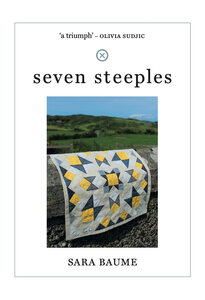
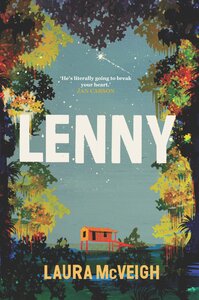
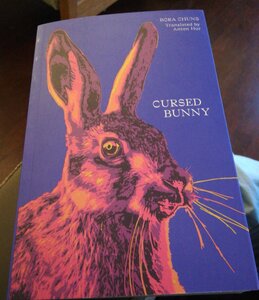
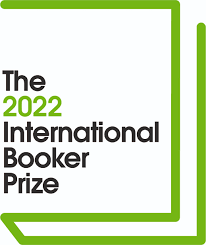
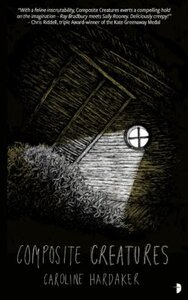

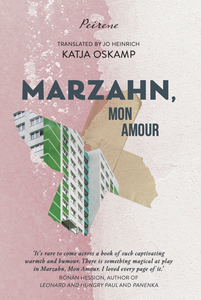

Recent Comments